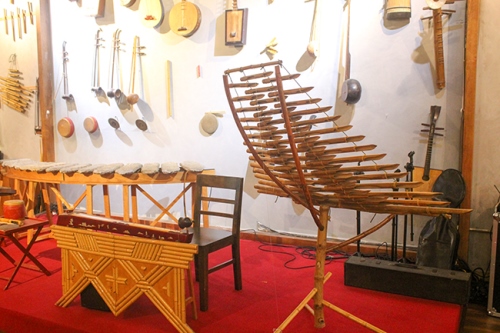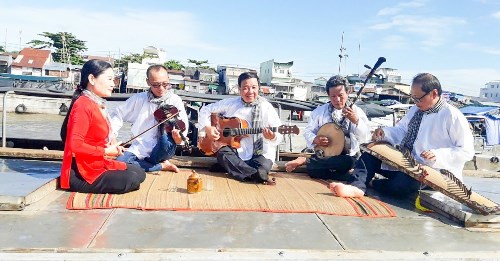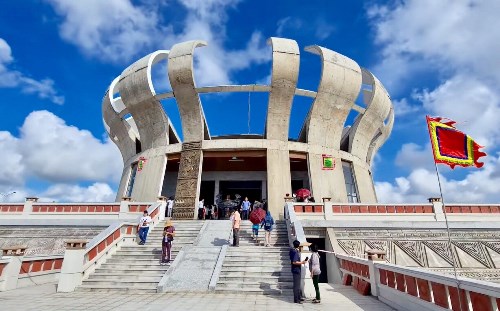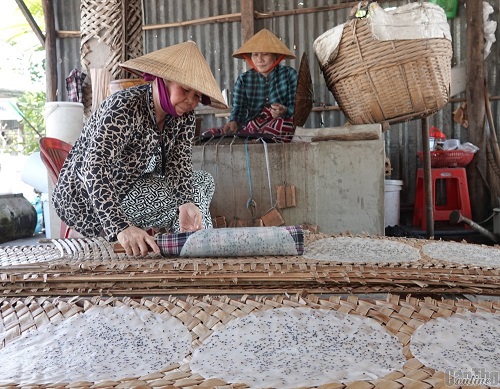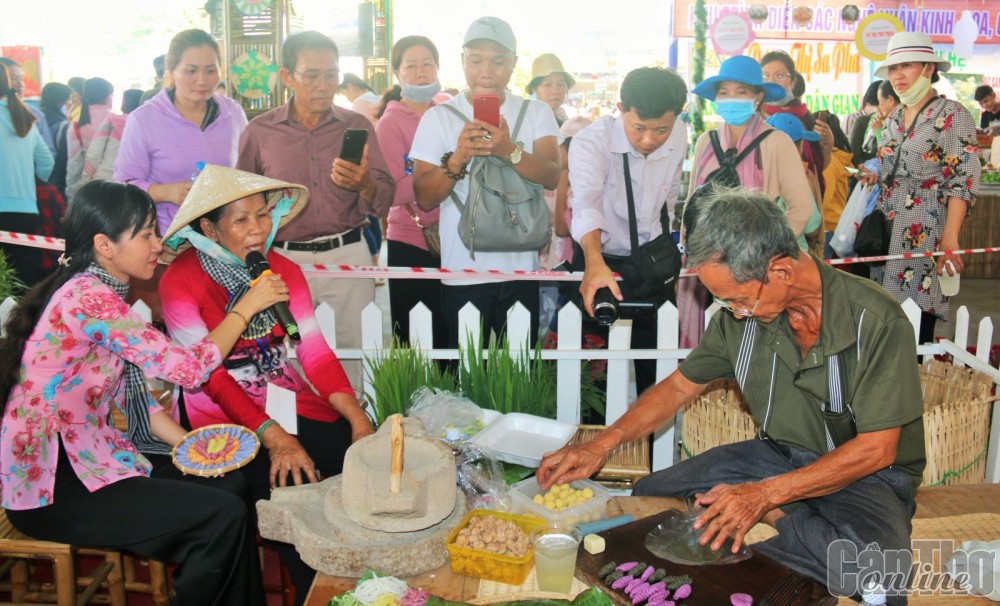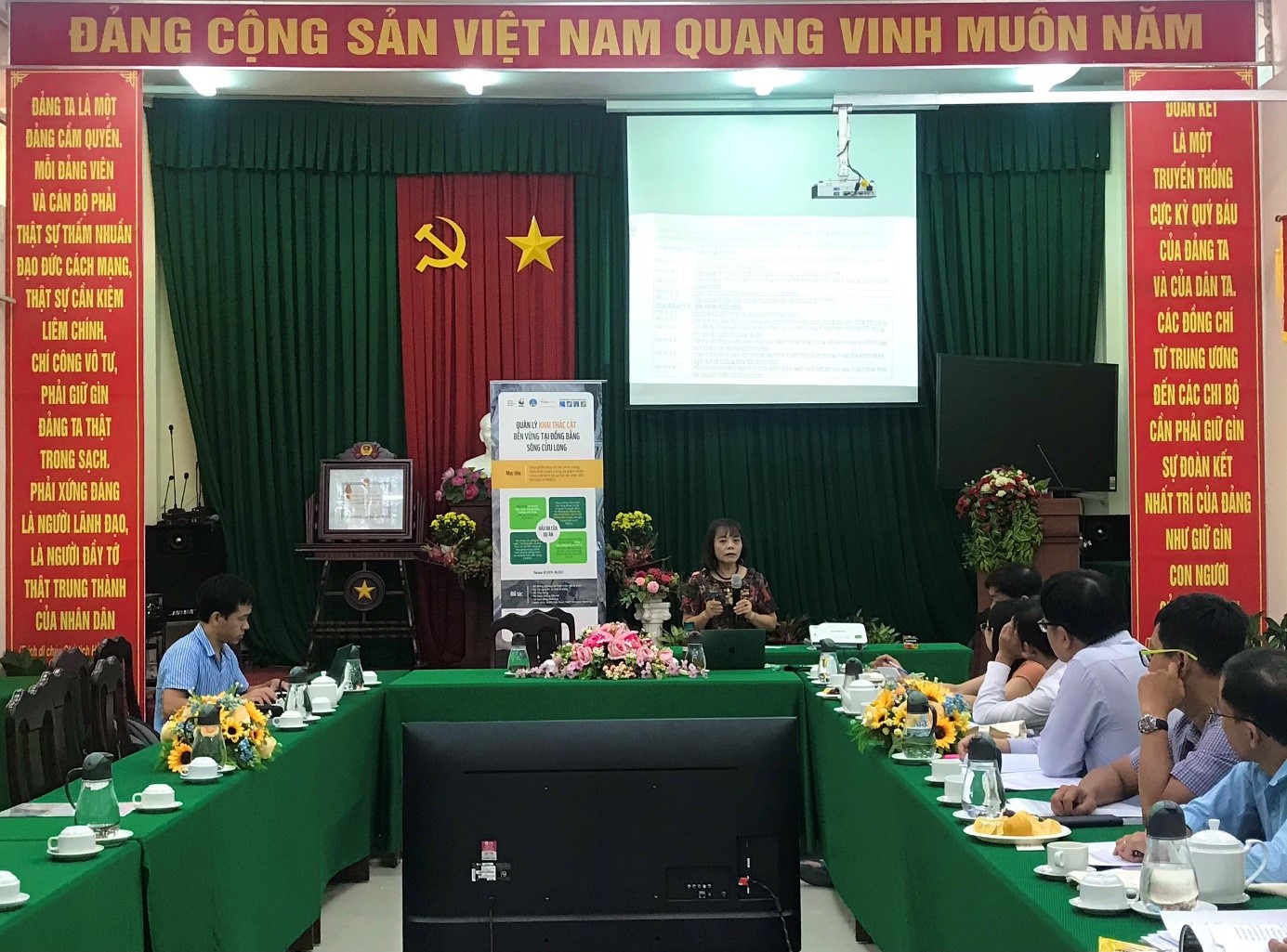
Speaking at the meeting, Ms. Trinh Thi Long, WWF's Project Manager in Vietnam, said that the target area of the project is the Mekong Delta, comprising 13 provinces with an area of about 40,000 square kilometers. The project is underway from July 2019 to June 2023 to better maintain key ecological functions and reduce socio-economic vulnerability to climate change in the Mekong Delta.
The project has four outputs. First, a sediment budget (mainly sand and gravel fractions) for the Mekong Delta has been established in coordination with important factors. Second, the effects of unsustainable sand and gravel extraction are known to the public and relevant decision-makers in the Mekong Delta. Third, key factors in the construction sector have access to information on the risks and opportunities of different sourcing methods for sand and gravel. Fourth, Recommendations and guidelines for the consideration of the sustainable extraction of sand and gravel in the Mekong Delta in the political regulations are designed and promoted.
According to the representative of WWF, the Mekong Delta region is strongly affected by climate change. Specifically, the increasing rate of land subsidence (1.6 cm/year on average) and the rising of sea level (expected 45cm by 2070) are the main challenges for the socio-economic development of the region.
The only counterbalance against land subsidence and sea-level rise is the amount of sand and gravel from the basins (the average annual accretion rate is 0.3-1.8mm). However, the amount of sediment in the Mekong River has decreased by 50%, from 160 million tons in 1992 to 75 million tons in 2014. The cause of this decrease is due to hydroelectric dams and unsustainable sand exploitation.
Meanwhile, uncontrolled sand mining to serve construction needs has caused serious consequences such as land subsidence, landslides, sea-level rise, saltwater intrusion. Furthermore, limited public-private cooperation and lax regulations in sand mining have resulted in a higher exploitation rate than the replenishment of sand and gravel from the basins.
Ms. Trinh Thi Long said that the project will promote participation and dialogue among key actors in the Vietnamese construction sector, and will provide information on the risks associated with sand mining and opportunities for sustainable alternative sourcing of sand and gravel. In addition, the project also supports the implementation of Resolution 120 (No.120/NQ-CP 2017) on the sustainable development of the Mekong Delta as part of adaptation to climate change, thereby contributing to maintaining important ecological functions and reducing socio-economic vulnerability for the Mekong Delta.
In the near future, a communications campaign on unsustainable sand and gravel exploitation in the Mekong Delta will be launched by the WWF to promote urgent actions to deal with the issue.
After discussing the sustainable sand exploitation in the city and materials in replacement of sand in construction, representatives from the municipal departments and agencies highly appreciate the WWF’s project. The city leaders will create favorable conditions for WWF to implement the project, thereby contributing to climate change mitigation and the sustainable socio-economic development of the city.
Hoang Dat





